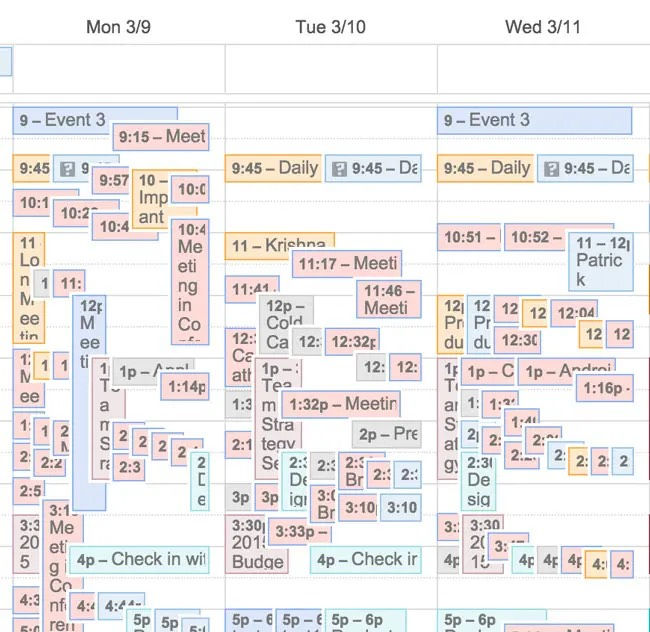So… How Long Does It Take to Build a Habit? A lot longer Than You Want It To.
- Rachel Staples

- Oct 16, 2025
- 3 min read
They say it takes 21 days to build a habit.
Which is adorable — because it’s day three and I’ve already misplaced my journal, ignored my checklist, and started questioning my life choices.

The internet loves the idea that in three tidy weeks, you’ll magically morph into a disciplined, early-rising, broccoli-loving version of yourself. But the truth? Habits don’t have a timeline. They have a track record.
Where the 21-Day Lie Came From
That “21 days to form a habit” quote floating around the internet? It came from a plastic surgeon in the 1960s who noticed it took about three weeks for his patients to get used to their new faces.
Somehow, we turned that into a promise that you can rewire your entire life in the time it takes to finish a Netflix series.
So yeah — the whole “three weeks and done” idea? Not how humans work.
What Actually Happens
Building a habit isn’t a countdown. It’s a cycle.
It usually goes like this:
Phase 1: The HoneymoonYou’re motivated. You’ve got new shoes, a fresh notebook, maybe even a new playlist. You’re convinced this time is different. It’s all good vibes and clean slates — until it’s not.
Phase 2: The ResistanceThis is where things get real. You’re tired, bored, over it. The voice in your head says “missing one day won’t matter,” and then suddenly, it’s been four. This is where most people quit — not because they can’t do it, but because consistency stopped being exciting.
Phase 3: The IntegrationThis is the quiet part — when it’s not new anymore. You stop thinking about doing it and just… do it. The same way you brush your teeth or grab your keys before leaving the house. It’s not dramatic. It’s just routine.
That’s what people miss about habits. They’re not built on hype. They’re built on repetition that eventually feels boring — and that’s the point.
The Reality Check
If your habit hasn’t stuck yet, it’s not because you lack discipline — it’s because your brain’s still trying to negotiate.
Habits are physical grooves in your nervous system. You don’t create those by being “super motivated” for three weeks. You create them by doing the same thing enough times that your brain realizes it’s not optional.
And honestly? You already know how to build habits.Scrolling at night?
Consistent.Checking your phone before getting out of bed? Automatic.You’ve proven you can repeat things. You’re just not always repeating the right things.
What Actually Works
Forget the timeline. Focus on the process.
1 - Stack it
Attach your new habit to something you already do.
“After I brush my teeth, I drink a glass of water.”“After my workout, I stretch for two minutes.”Your brain likes patterns. Give it one.
2 - Make it stupid simple
If your habit feels too big, you’ll keep putting it off.
“Write for 30 minutes” becomes “open the notebook.”“Eat better” becomes “add a vegetable to lunch.”Make it so easy that skipping it feels dumb.
3 - Stop waiting to feel like it
Motivation is a mood. Habits are systems.You don’t wait to feel inspired to brush your teeth — same concept here.
4 - Track wins, not streaks
Missing a day isn’t failure. Quitting because you missed one is.You’re not trying to be perfect — you’re trying to be consistent enough that it starts to feel natural.
The Funny Thing About Discipline
Everyone thinks discipline feels intense — all grit, grind, and sweat. It doesn’t.
Real discipline feels like autopilot. It’s the absence of the argument in your head. It’s not “should I do it?” — it’s “this is just what I do.”
Once a habit’s wired in, it stops being dramatic. It’s not motivational quotes and high-energy playlists. It’s just part of your normal.
The hard part isn’t the work itself. It’s surviving the stretch where it still feels like work.
The Real Answer
So how long does it take to build a habit?As long as it takes you to stop negotiating with yourself.
It’s not 21 days. It’s not 66. It’s however many reps it takes for your brain to stop identifying it as “new.”
That’s why the timeline never matters — only the repetition does. Because eventually, it clicks. You stop forcing it, and it starts running on its own.
That’s the real goal.
Bottom Line
If it feels easy, you’re still in the honeymoon phase.If it feels annoying, you’re probably doing it right.And if you’re doing it without thinking about it — congrats, that’s a habit.
Now go keep doing it.


